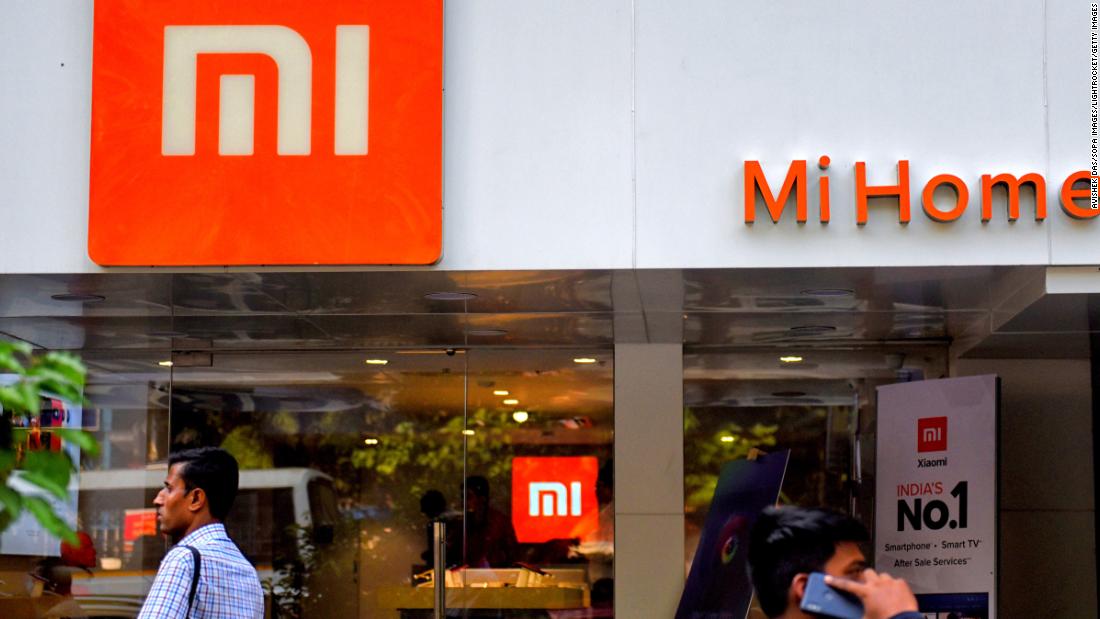In a statement on Friday, India’s Enforcement Directorate — the country’s main financial investigation agency — accused the Indian subsidiary of smartphone maker Xiaomi of violating foreign exchange laws by making “illegal remittances.”
The agency said Xiaomi India, acting on the instructions of its parent company, “had remitted foreign currency equivalent to [55.5 billion rupees, $726 million] to three foreign based entities which include one Xiaomi group entity in the guise of royalty.”
Xiaomi started its operations in India in 2014 and started remitting money a year later, the agency added. The Indian authorities have now seized an equivalent amount of funds “lying in the bank accounts of the company.”
“Xiaomi India procures the completely manufactured mobile sets and other products from the manufacturers in India,” the Enforcement Directorate said. “Xiaomi India has not availed any service from the three foreign based entities to whom such amounts have been transferred,” the agency added.
It also accused the company of providing “misleading information to the banks while remitting the money abroad.”
Xiaomi India, which distributes Mi-branded smartphones, said in a statement that “all our operations
are firmly compliant with local laws and regulations.” In a
Twitter post on Saturday, the company said it believed that the royalty payments and statements it made to the bank were “all legit and truthful.”
The payments were made for “in-licensed technologies and IPs used in our India version products.”
India has been getting tough with Chinese companies since border tensions escalated between the world’s most populous countries two years ago. In 2020, India banned more than 200 apps — many of which were Chinese, including the wildly popular video platform TikTok.
Earlier this year, India again banned several Chinese apps, belonging to tech companies such as Tencent (TCEHY), Alibaba (BABA) and NetEase (NTES). In response, Beijing had said that it was “seriously concerned” about actions India has taken against Chinese companies.

